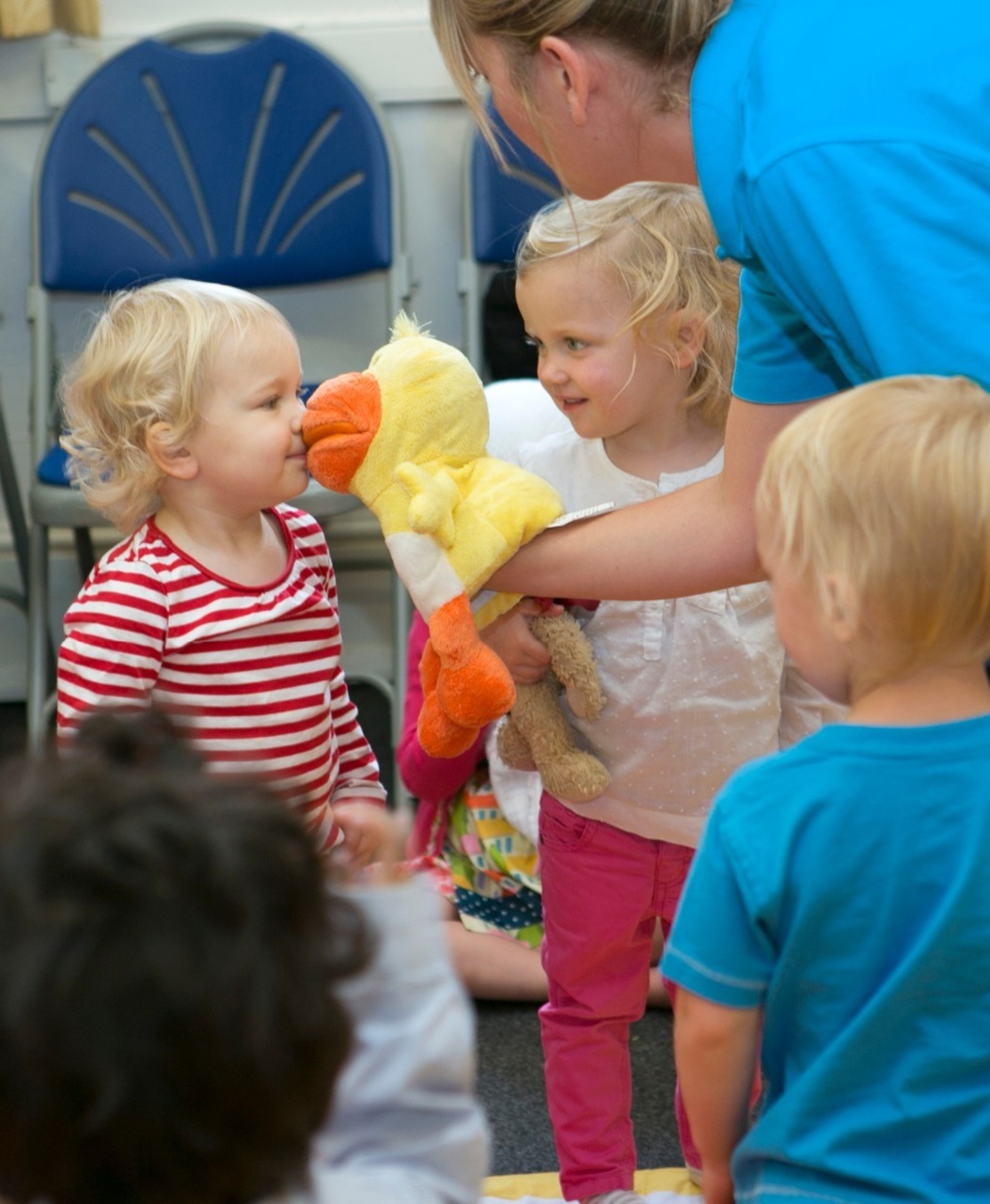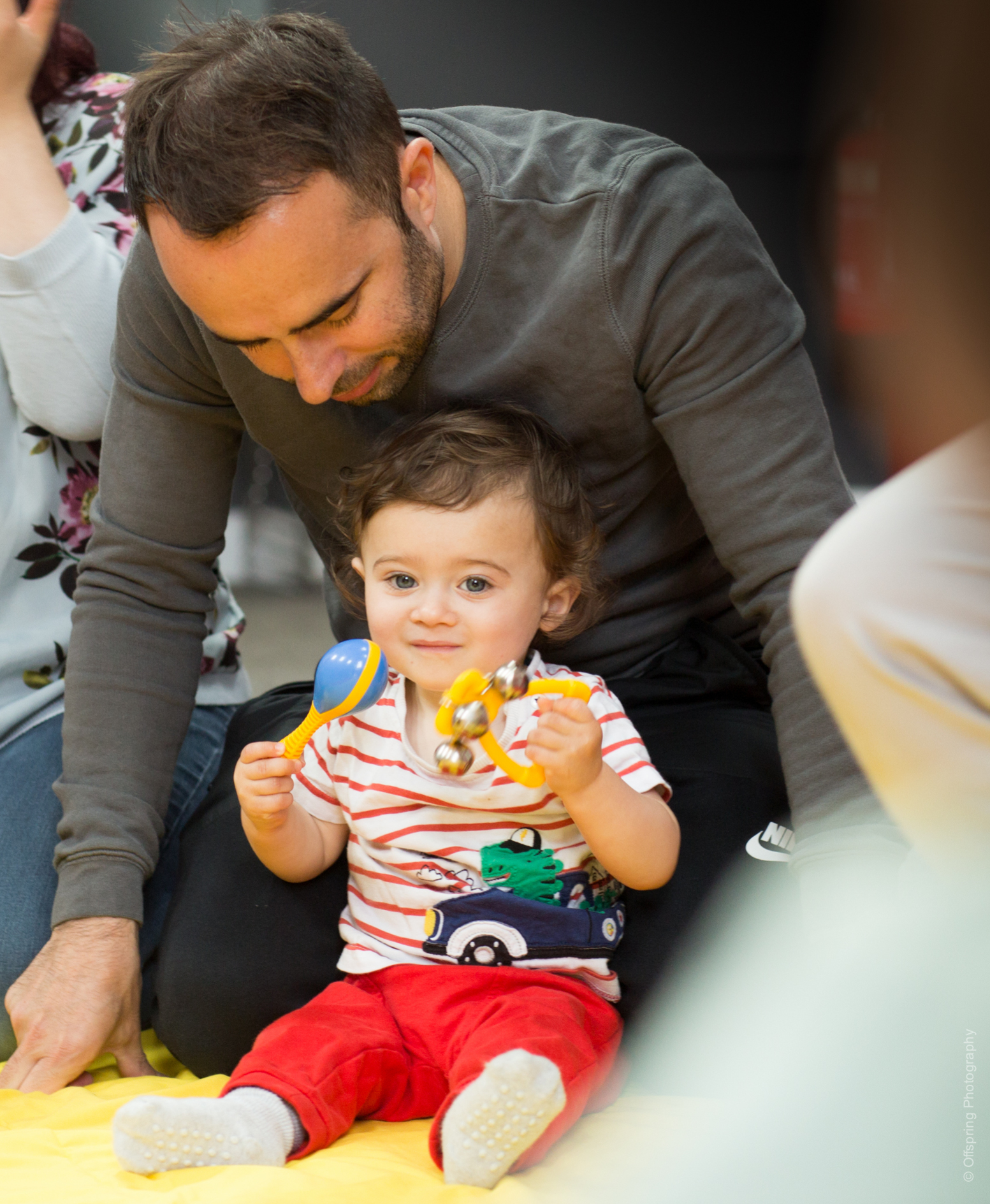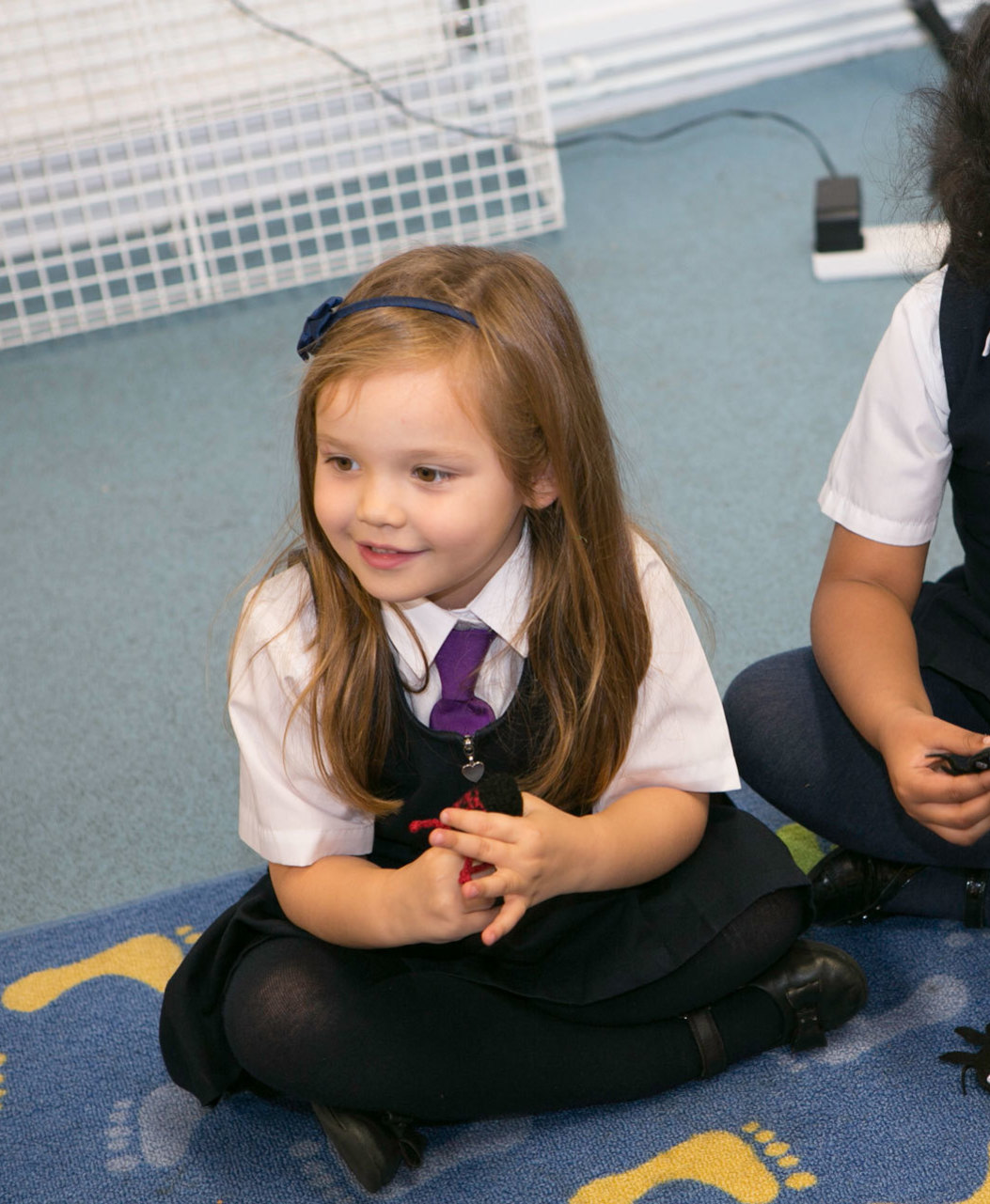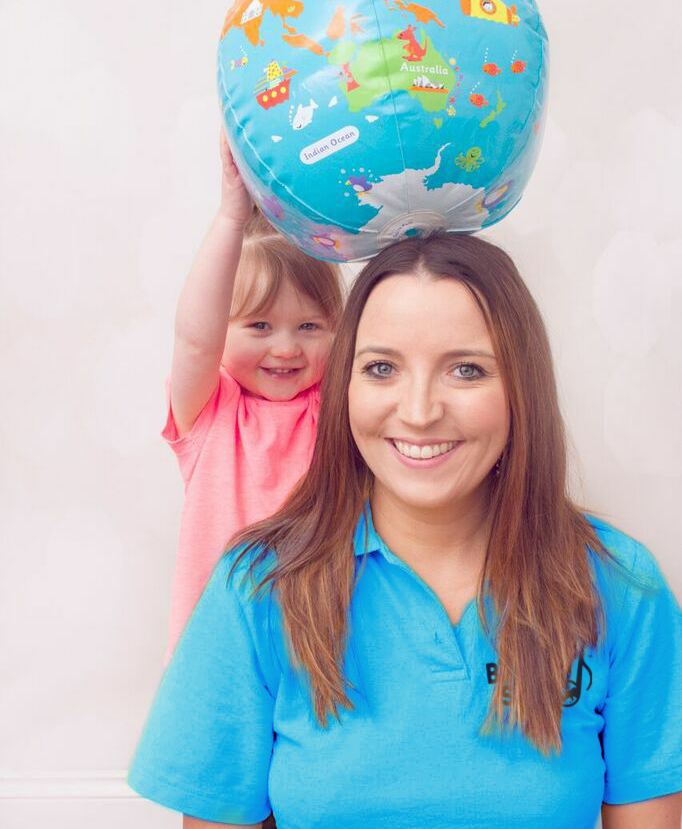
General FAQs about language learning
What’s a good age to start learning a second language?
Babies and toddlers instinctively understand that language is something to explore, play around with and enjoy – and as a parent, this is such a joy to watch. Which means it’s never too early to introduce them to a second one. Read our top 7 reasons for early language learning to find out more.
What are the benefits of a bilingual approach to language learning, instead of the lesson being delivered only in the foreign language?
The bilingual approach has many benefits: their understanding is enhanced through improved communication; their frustration is reduced; their enjoyment is increased; they remain engaged for longer; and a love of languages develops!
But it’s only 30-45 minutes a week! I don’t speak any languages – what’s the point if we can’t reinforce it at home?
Having a ‘family motivation’ for learning the language is brilliant – such as making Spain your regular holiday destination.
Support their learning with our class CDs, which have a parent guide inside the booklet. We see a marked difference when children get to listen to the songs between lessons, and it’s even better when the whole family is on board (you’ll probably be surprised at how much you learn too!). You can get £5 off your first CD when you sign up to our newsletter.
Join our lovely Facebook community of like-minded parents and be supported in your family language-learning journey.
Remember that there’s so much going on in your child’s brain that you can’t see, and the more stimulation you can give them during this crucial stage in their development, the better.
We’re already a bilingual household – won’t adding a third language be too much?
Quite the opposite! Studies show that babies exposed to 3, 4 (or even 5!) languages reap even more benefits than those who are exposed to just 2.
How do I know if my child has any concept of what another language actually is at their age?
They may not have any concept at all – which isn’t a bad thing! Children learn best when they don’t realise that they’re learning. Remember, this is how they’re learning their mother tongue, and it’s exactly how you learnt yours, too.
I’m not particularly bothered about my child learning another language at this stage, there’s plenty of time when they’re older. Is there any point in us coming to your classes?
Exposure to a second language has developmental benefits for your child that extend far beyond the language itself.
BilinguaSing classes help develop your child’s early communication skills, build their confidence, and enhance their physical and emotional development.
We always include lots of sensory stimulation to further enrich your child’s brain development and learning; while the music and songs help encourage their sense of musicality and rhythm.
I found languages really difficult at school. Is there any hope for me starting again now with my toddler?
the anxieties of starting a new school and having to speak up in front of new teachers and classmates, often made the experience even more daunting!
While BilinguaSing baby and toddler classes focus on your child, as we learn the rhymes together we also teach you how to pronounce things properly, which will build your own confidence in the language.
It’s amazing how quickly we learn languages through music - most parents say they’re singing the rhymes at home and in the car after just 3 or 4 sessions!
How can I find out what my child has learnt in class when he/she gets home?
It’s natural to want to see ‘proof’ that your child is benefiting from their regular language class – but this is far more likely to manifest itself when you least expect it, rather than ‘on-demand’.
Remember when your little one took their first steps, or said their first word? Chances are when you asked them to do it again for someone else, they looked at you in such a way you thought you must have dreamed it!
In the same way, you may find you’re met with a blank face (or a random dinosaur roar!) when you ask your child to tell you what they’ve learnt in class – whether it’s a specific task like counting to 10 in French, or even just saying ‘hello’.
Try not to be disheartened if this happens - and above all, don’t give up! ‘Speech emergence’ is the third stage of second language acquisition. Your child is most likely still in the ‘silent & receptive’ phase, which is an essential part of their language-learning journey.
So relax, have faith in the process and give yourself a pat on the back - you’re giving them a great foundation to build upon later in life!

General FAQs about BilinguaSing classes
How much do BilinguaSing classes cost?
Have a look at the information on your local BilinguaSing page for details of prices in your area.
What happens if I have to miss a class because my child is sick or we’re on holiday?
We know how irritating it can be to have to pay for lessons you’ve missed, so we’ll always do our very best to offer you suitable catch-up classes during the same term.
Why don’t BilinguaSing songs teach useful language for when I go on holiday? I won’t be using ‘Humpty Dumpty’ very much!
help little ones make a bridge from what they know already, to the very new concept of learning how this is ‘sung’ in another language. And by the time they reach pre-school age they’ll start to learn in a more linear, structured way.
Just check out our song lists for our Spanish Vamos 1&2 or French On y Va 1&2 albums which will teach you and your child how to use a variety of greetings, count to 1,000, order food and drinks, ask for directions, and so much more!
Can I join a BilinguaSing class halfway through the term?
Yes, you can join us at any point in the term, and you’ll only pay for the number of remaining sessions left.
I don't know any Spanish/French! Does that matter?
Not at all! BilinguaSing classes are designed for complete beginners, with plenty to keep fluent speakers interested too.
I’m finding some of the BilinguaSing songs too fast, wordy or complicated for my child (and me!) to understand and learn!
Don’t panic! When you were a baby, you heard people talking at full speed all the time. You didn’t need to understand everything (or even be able to speak yet) to be learning from it. This is called ‘immersion’, and it’s how we learnt our mother tongue. Trust us – it’s a good thing!












